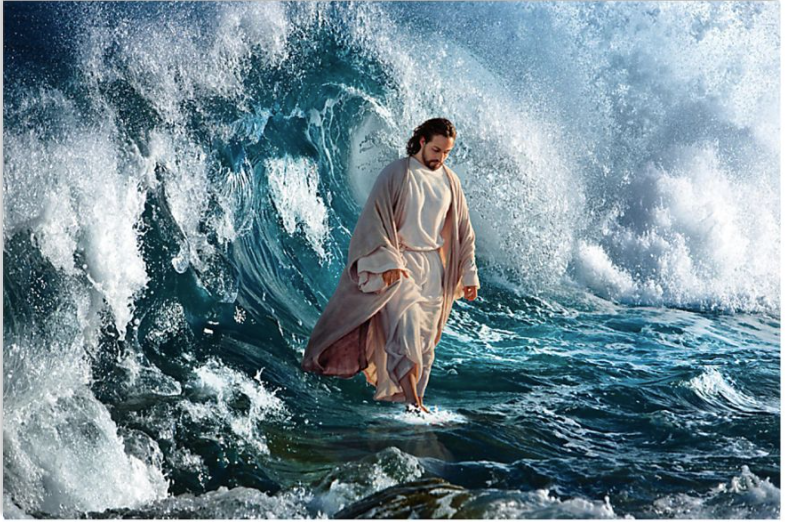Message of Abbot Paul - Saturday 22nd April 2023
Abbot Paul • April 21, 2023

Yesterday, together with Fr Brendan, Fr Matthew and Fr Augustine, I was privileged to take part in a safeguarding course organised by the Archdiocese of Cardiff and the Diocese of Menevia. Safeguarding lies at the very heart of the Gospel and of the Church’s ministry and finds its origin and it end in the justice of God and his love for his children. As Christians, we all have a God-given duty to safeguard the integrity our own lives and the lives of others, especially the young and those who are in any way vulnerable and could fall prey to those who are unscrupulous and evil. To make sure that this is the case, dioceses have safeguarding commissions and co-ordinators, parishes have safeguarding representatives and monasteries designated safeguarding leads. You will always find details of these on our websites and in our newsletters.
Today’s Gospel passage is very short and follows on from John’s account of the feeding of the five thousand, (Jn 6: 16-21). This is John’s account of Jesus walking on the water. “In the evening the disciples went down to the shore of the lake and got into a boat to make for Capernaum on the other side of the lake. It was getting dark by now and Jesus had still not rejoined them. The wind was strong, and the sea was getting rough. They had rowed three or four miles, when they saw Jesus walking on the lake and coming towards the boat. This frightened them, but he said, ‘It is I. Do not be afraid.’ They were for taking him into the boat, but in no time, it reached the shore at the place they were making for.” It is evening and the disciples are making for Capernaum, As it is dark, they have set off without Jesus, probably thinking that he might walk there. The wind is strong and the sea rough. They have rowed a fair distance when they see Jesus coming towards them, walking on the water. Their reaction is one of fear, but Jesus tells them not to be afraid. “It is I,” he says, reminding us of the many I AM sayings in John’s Gospel. He doesn’t calm the storm nor does he get into the boat, for no sooner than he appears that the boat reaches the shore just at the place where they were making for.
We come to realise, as we go through life, just like the disciples in that boat, that when we allow Jesus to come close and enter into our lives with its fears and uncertainties, everything changes for the good and Jesus keeps us safe and in God’s embrace.









